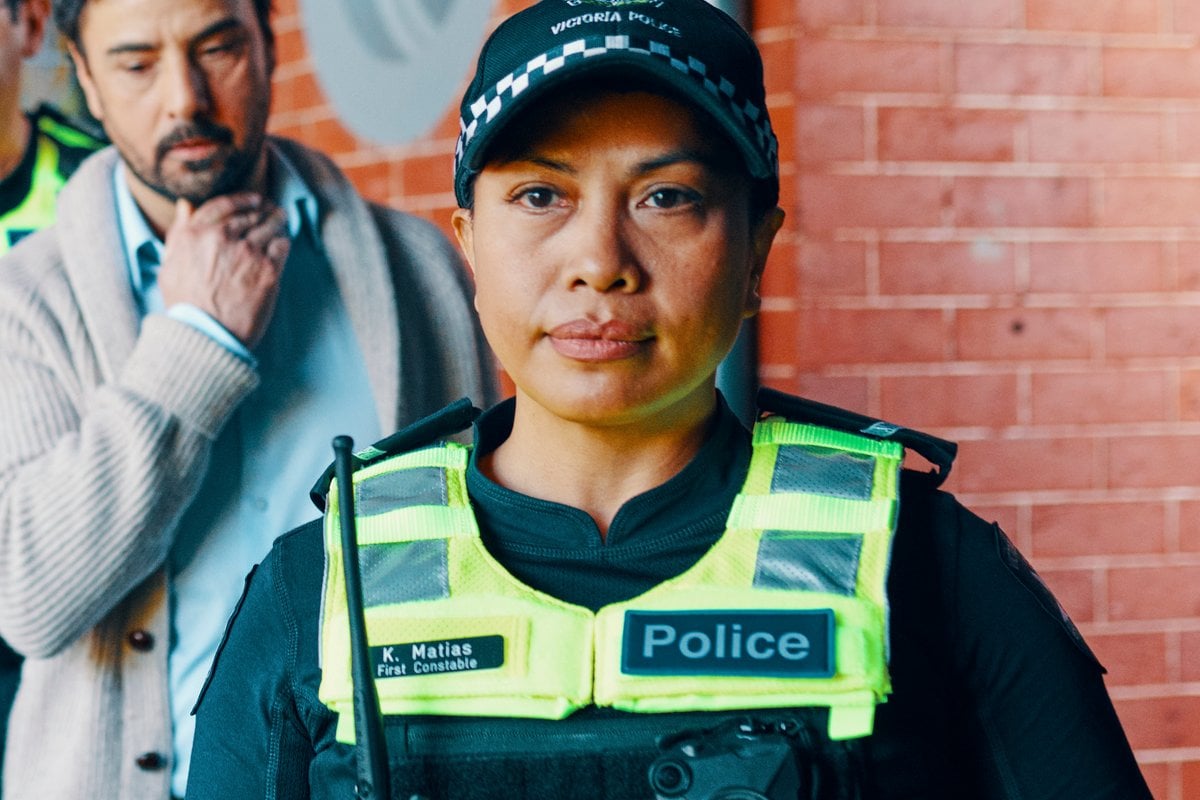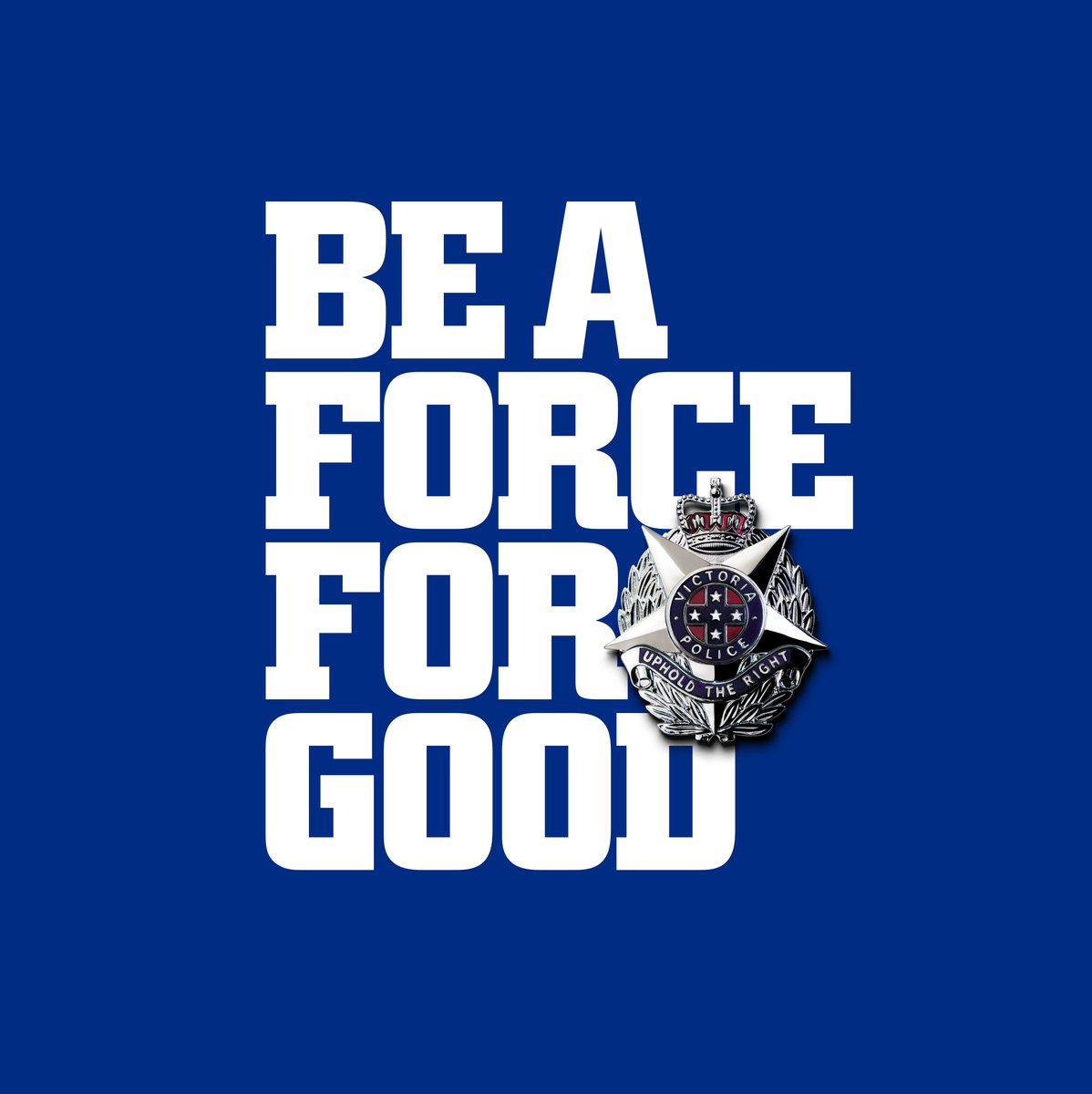

Growing up as a young child in the Philippines, Karen Matias never contemplated a career as a police officer. If her mum had anything to say about it, she’d be a nurse or a lawyer or a doctor instead, following in the footsteps of family tradition.
Yet when Matias migrated to Australia, spending her teenage years in Western Australia before moving to Melbourne, she decided she wanted to give back to the community who had given her so much. Having worked in a number of retail and hospitality jobs, she made the choice to switch to policing as a profession.
Matias had now been a part of the Victorian Police for almost eight years, firstly as a PSO (a protective services officer), and for the past four-and-a-half years, as a police officer.
Speaking to Mamamia, Matias told us exactly how she made the transition, what her job as a police officer involves and exactly what it takes if you’re considering policing too.
Here’s what Senior Constable Matias had to say:
What made you consider policing as a profession, after working in hospitality and retail?
“I’ve never really been a ‘back of house’ sort of person. I’ve always been a frontline person. Where I am now in my career, you have to be able to do a bit of both. But I love the thrill of being at the front and dealing with all sorts of situations, that’s my drive. I also wanted to be able to do a job that’s not the same every day.
“I’m so grateful to be in Australia, particularly when you see the way we’ve navigated COVID-19 and our response as a country. There’s not a chance I would have had these opportunities in the Philippines. Not a chance. To me, becoming a police officer was a way of giving back to the community.”
.jpg?alt=media&token=bc6d24fc-9e28-453f-aa2c-11a5ab218a19)
.jpg?alt=media&token=6cac5377-d227-47a2-b785-dcbf5d707dea)